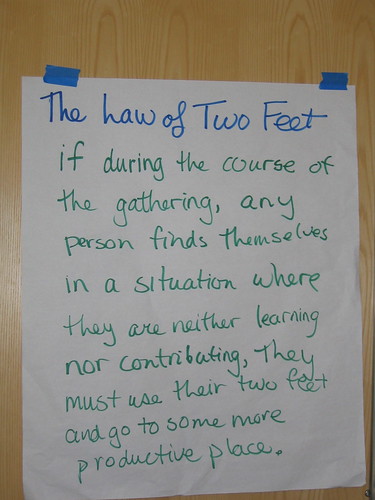The latest issue of Shanghai Managers featured “20 Years of Professional Managers” in Shanghai. The topic is good since the phenomenon of “20 year professional managers” is unique in China, and it involves many people just around us. The people and their stories told in the report are just like “manager sitting in the next cubicle” (just created this phase after “girl living next door”).
Professional Manager is Still Rare in China
The growth of the country’s economy benefits greatly from the abundance of labor (which many countries are lack of), and the huge talent pool, but it is not that abundant when we talk abou experienced professional managers.
If you look at the heads of multinational companies, you will find many of them are managers from Taiwan, Hong Kong or Singapore, for example, the management team in Microsoft, in Motorola, and eBay (as far as I know). There are not so many native professional managers if you consider the big base.
How come?
20 Years!
As stated in one article in this issue of Shanghai Managers, FESCO (Foreign Enterprise Services Co.) started the history of foreign enterprises in Shanghai.
This is very true.
When I worked for Microsoft, as all my colleagues in Shanghai, I was actually an employee of FESCO and dispatched to Microsoft. It is same for me now.
FESCO was setup just to help foreign companies to overcome the human resources barrier and many difficulties old system presented to a modern company. It was the only organization to select, hire, train and dispatch employees to the multinational companies. They did much more than that, like keeping the Dangan for its employees. Now it is not the only one, but still the most important one.
FESCO was setup in the year 1984 – 22 years ago. The first round of foreign companies entered China around that year. I remember HP, as one of the first big foreign enterprises in Shanghai, just celebrated their 20 years in China last year. I believe most foreign companies have presence in China (or re-entered China market) within the last 20 years.
The report described how difficult it was to find someone who can speak a foreign language, (more importantly) is willing to give up their state-owned enterprise secured job and join a foreign company. These employees are under management of a special police station. The station has two chief to ensure safety. The FESCO provide months of training to the employees to teach them how to use Fax machine and how to dress up.
It is unbelievable in nowadays, but it is so reasonable in 1984 when China just opened up after closed for half centaury. Thanks for the editors to refresh that piece of history for us.
Now, many of the employees in 1980’s grew up and become experienced managers. But the problem is, there are not enough senior people there, and those experienced managers are not senior enough to manage multi-national businesses.
Talents from Hong Kong, Taiwan and Singapore
The last Hong Kong trip impressed me a lot. I saw how experienced managers in the International economy world are. As the generation of senior managers in China grew up to learn English (Oral English), learn those terms so new to them, and how to work in an intentional company, managers in other Chinese worlds like TW, HK and SG moved forward in faster pace. When first round of employees just became managers, people in other regions may have started to be exposed to international business that span across Asia region or global geography.
When businesses grow big enough and the management team is looking for a senior executive, when thousands of CEO positions are opened to the market, there are just not enough local executives filling into the pool. It is nature that candidates from Taiwan, Hong Kong and Singapore stand out.
They have both insight about Chinese culture and business rules, and international experiences. They are fluent in both Chinese and English. They are in their 40’s to 60’s with enough experiences. The conclusion is, they are the ideal candidates.
How about the Next 20 Years?
20 Years Anniversary of Professional Manager in Shanghai (and in China) is a great milestone. I personally feel very excited to see how big the change it is in the last 20 years. When China moves to the next decades or two, when younger professional managers like my peers in Microsoft and eBay grow more senior and become more experienced, I believe there will be enough candidates to compete in the global market as a business leader.
The market needs more people who can speak both languages – not only Chinese and English, but also the local business language and the international business language. China can be a stronger country with all these small contribution of new generation of stronger professional managers.












